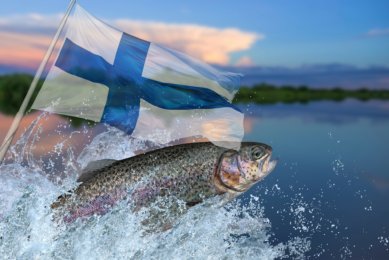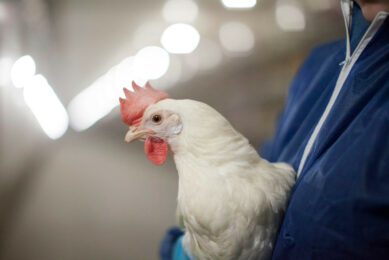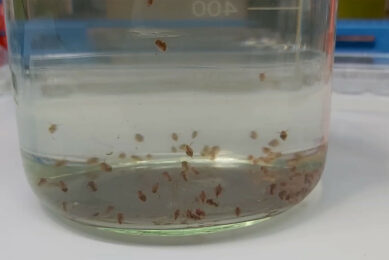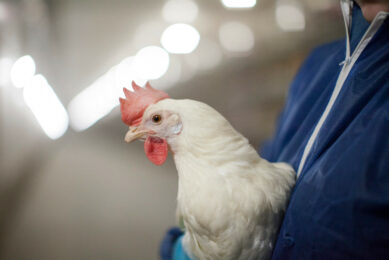Could algae replace fish oil used in salmon feed?
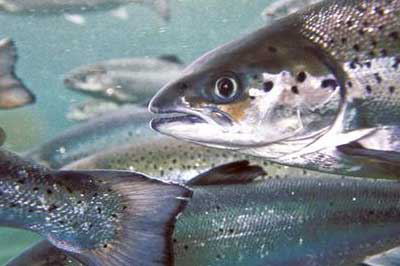
Fish oil is a great source of omega-3 in salmon feed, but the capacity to produce farmed salmon using fish oil as the main source of omega-3 in feed is limited. This means that the feed industry needs access to large volumes of new ingredients that contain omega-3. Nofima carried out experiments that have shown that a type of algae known as “heterotrophic algae” can fully replace fish oil in feed used for small salmon.
“We need further sources of omega-3, and heterotrophic algae are one of very few real possibilities at the moment. The algae meal that we have tested contains nutrients that salmon need. We have managed to release and preserve the important nutrients through the process of manufacturing the feed, and this is a necessary condition for the use of this ingredient,” says scientist Katerina Kousoulaki, who works at the food research institute Nofima and, together with colleagues and the Feed Technology Centre in Bergen, Norway has tested algae meal from heterotrophic algae in the feed of farmed salmon.
Heterotrophic algae are single-celled algae that grow using oxygen and a source of carbon (such as plant by-products). Biomass from heterotrophic algae can be produced in a stable manner, in sterile conditions and in large quantities. Current technology allows heterotrophic algae to be produced far more efficiently than phototrophic algae, which grow using light and CO2.
SINTEF has shown that heterotrophic algae such as the one tested by Nofima can be produced at a density of 160-180 gram dry weight per litre of culture, while phototrophic algae can be produced at up to 1-4 gram dry weight per litre. This means that much less space is needed.
Nofima has been commissioned by Alltech, one of the largest companies in the world in the field of animal health and nutrition, to test one of its algae meals. The alga in this meal is a member of the Schizochytrium family, and is extremely rich in omega-3. More than a quarter of the fat in algae is the healthy marine omega-3 fatty acid DHA, which is up to three times more than in fish oil.
Nofima has tested how the algae meal affects salmon health, performance, and nutrition.
The alga-based feed was given to small salmon weighing approximately 200 grams in ponds for 12 weeks. The salmon increased their intake of food when it contained algae, which suggests that the algae does not inhibit appetite.
The amount of the long-chained marine omega-3 fatty acids in the fillets was higher in salmon that had received the algae meal than it was in salmon that had been given fish oil as their only source of these fatty acids. The digestibility of protein was equal in all feeds, and the digestibility of fat was highest for the feed with 1% algae meal.
In conclusion this algae meal is an excellent source of omega-3 for small salmon, and that it can replace fish oil, based on current levels in feed. Nofima is now continuing at the Feed Technology Centre in Bergen with optimising the algae meal in feed and improving the way in which it is processed. The algae meal is also to be tested in trials as a possible whole-life feed for salmon.




